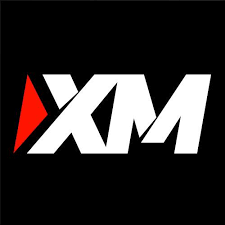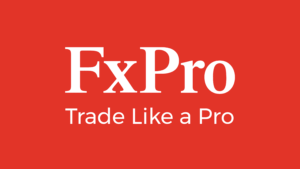(Reuters) -The U.S. health regulator rejected Mesoblast (NASDAQ:MESO)’s cell therapy for children under 12 years of age for treating a type of complication that occurs after a stem cell or bone marrow transplant, sending its Australia-listed shares crashing about 58% on Friday.
The U.S. Food and Drug Administration (FDA) required more data to support marketing approval for the company’s lead product remestemcel-L, Mesoblast said in a statement on Thursday.
Mesoblast shares slumped as much as 58.3% when they opened in Sydney, before marginally paring some losses to trade down 54.8% at A$0.49 by 0416 GMT.
The rejection is a blow to Mesoblast’s hopes for a potential launch of the therapy, especially after its fundraising efforts over the last two years.
The drug developer was seeking the FDA’s approval for a cell therapy to treat children with a type of graft versus host disease (GvHD), whose symptoms did not respond to standard steroid therapy or developed recurrence while continuing treatment.
There are no approved therapies in children for the condition in which the donor’s bone marrow or stem cells attack the recipient.




















